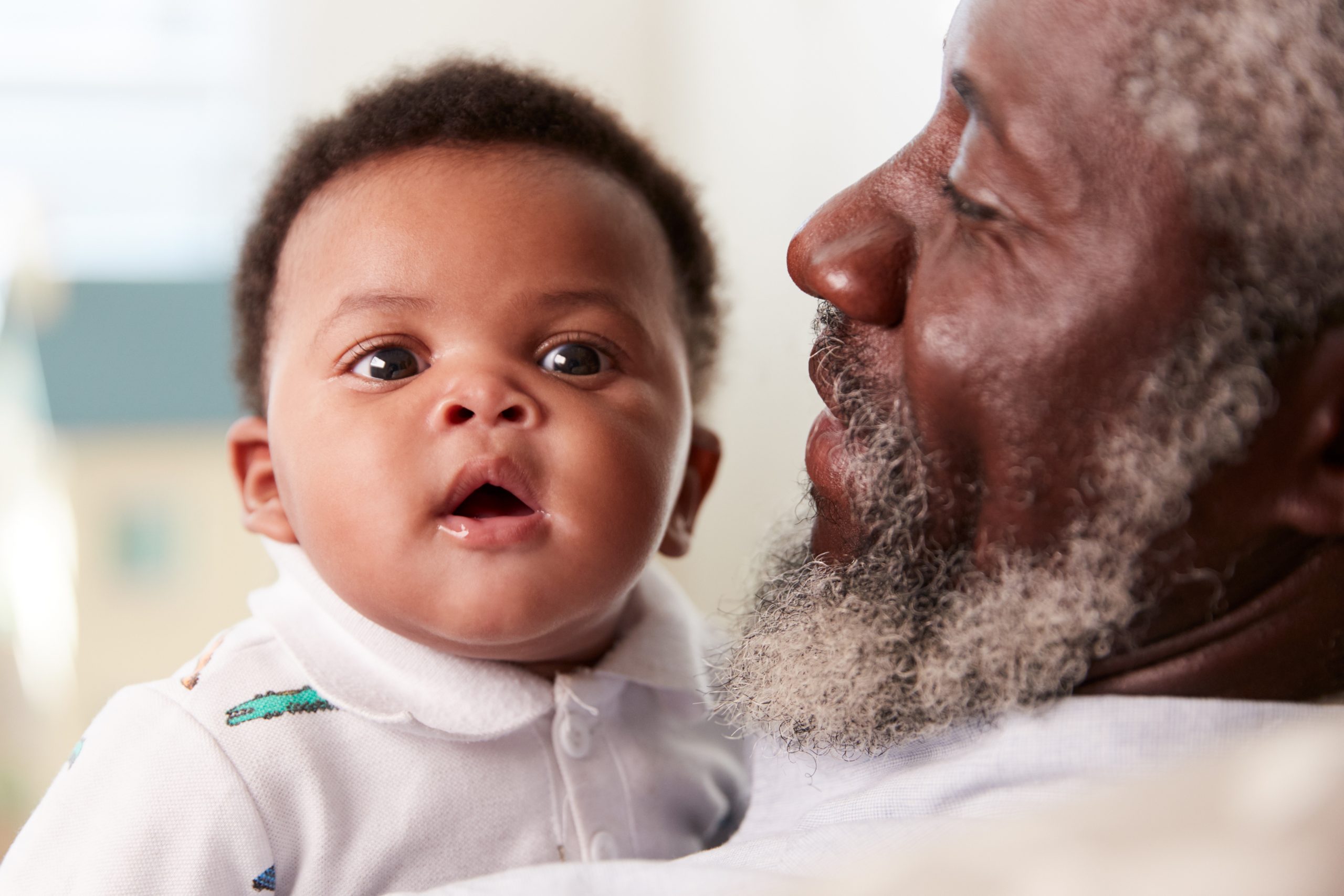
About Us
The BUILD Initiative is a national organization that advances work on behalf of young children from prenatal to five, their families, and communities.

Our Mission & Vision
The BUILD Initiative partners with state leaders to promote equitable, high-quality child- and family-serving systems that result in young children thriving and learning.
BUILD envisions a time when all children reach their full potential and when race, place, and income are no longer predictors of outcomes.
Surrounding Children with a Community of Support
Our staff partners with early childhood state leaders to create the policies, infrastructure, and cross-sector connections necessary for quality and equity. Our work focuses on:
- Early learning
- Health
- Mental health
- Nutrition
- Child welfare
- Family support and engagement
BUILD provides consultation, planning, and tailored implementation assistance, learning opportunities, resources, and cross-state peer exchanges. Our initiative works intensively with eight partner states—Illinois, Michigan, Minnesota, Oregon, South Carolina, Texas, and Washington State as well as Washington, D.C. BUILD also supports nearly all 50 states and US territories with our learning community.
Since 2002, the BUILD Initiative has created a community of support by partnering with state-based organizations, early childhood innovators, government agencies, philanthropies, business leaders, and others.
By creating the policies and infrastructure for quality and equity, and connecting programs and services for young children that may have functioned in isolation, at cross-purposes, or without sufficient resources to meet critical needs, BUILD works to ensure that all young children thrive and are well prepared for school and life.
Why Early Childhood Matters
Increasing evidence tells us that the first five years of life, and especially the first three, set the foundation for future growth and development. Yet, our society currently invests the least in this age group.
Investments in early childhood development improve health, school readiness, and ultimately the ability to be part of an educated workforce—which is critical to our country’s future prosperity.
The BUILD Initiative is committed to helping states and communities increase investments in early childhood—and make the best use of existing investments—by developing and implementing public policies, programs, and services that address racial and economic disparities and promote the healthy growth and development of each and every child.
Our Vision for Equitable Early Childhood Systems
BUILD understands the importance of recognizing the relationship between existing disparities—including opportunity gaps—racial privilege, and institutional and structural racism in order to meet the needs of young children and their families. Systems building work at all levels can be neither “colorblind” nor passive. It must intentionally level the playing field in terms of power so public action, allocation of resources, and oversight are shared responsibilities of representative leadership. All actions need to be assessed to ensure the impact is equitable for children and families of diverse racial, ethnic, cultural, and linguistic backgrounds and for families of diverse socioeconomic status.
In our vision of a racially equitable early childhood system, all children would have opportunities to develop and reach their full potential, without experiencing systemic discrimination or bias. Early childhood systems would:
- Provide equitable opportunities and resources for excellent educational and developmental outcomes for children from groups historically discriminated against due to race.
- Take concerted actions to correct or respond to discrimination in other arenas that negatively impact young children and their families.
- Intentionally build leadership at all levels of the system that reflects the racial diversity of the children and families.
- Recognize and provide culturally and linguistically responsive services contoured to the needs of individual children in the context of their families and communities.
- Eliminate race and place as predictive factors for children’s healthy development and readiness for success in school and life.
BUILD has a long history of partnering with state leaders to identify disparities and their root causes, develop strategies that distribute opportunities equitably, promote cultural competence, and create a more diverse and inclusive leadership of systems building efforts than has existed to date. But our attention has not been sufficient. The BUILD team has redoubled our efforts to create a team of early childhood leaders for equity.
Learn more About BUILD here.
BUILD is working with our state partners to take on institutional and structural racism that impacts young children and their families. We help states identify the issue and support solutions that will have a direct, positive impact on children and families.
Our History
The BUILD Initiative was launched in May 2002 by the Early Childhood Funders Collaborative (ECFC), a consortium of private foundations. As mounting evidence from brain research underscored the importance of high-quality early childhood experiences, ECFC recognized that state programs, policies, and services for young children and their families often operated in isolation, at cross-purposes, or without enough resources to meet critical needs. In response, ECFC created the BUILD Initiative to invest private funds to stimulate public investments in early learning.
The new initiative brought together teams of early childhood government and non-governmental leaders from Illinois, Minnesota, New Jersey, and Ohio. They met with national BUILD staffers and early childhood experts to develop a plan for each state’s strategic early childhood systems building.
In the nearly two decades since its founding, BUILD has dramatically expanded its scope of work. Today, our initiative works intensively with eight partner states and touches nearly all 50 states and US territories with our learning community.
Learn about our state services and projects.
Our Work